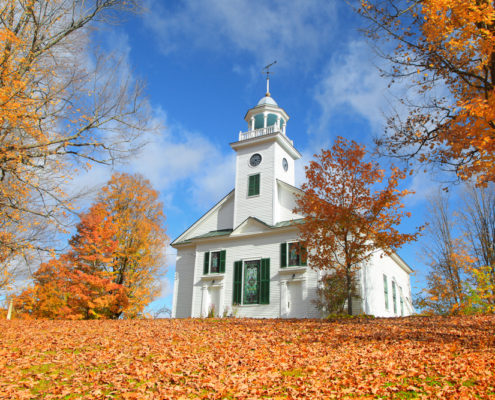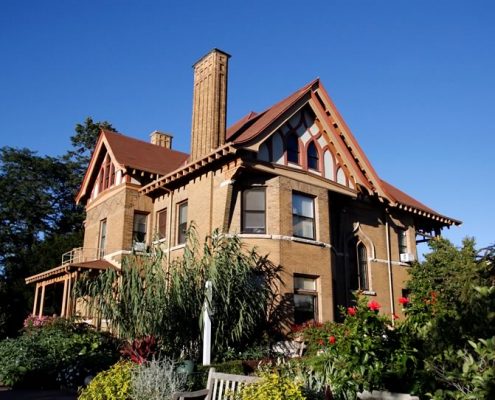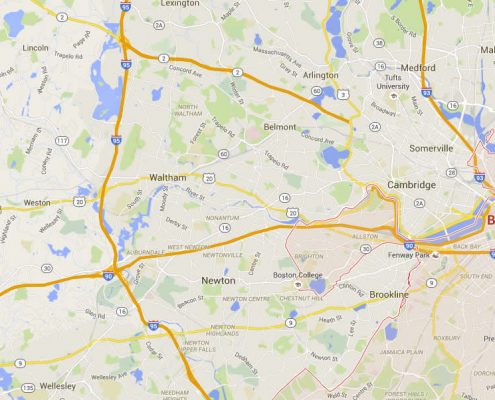Pest Control in Falmouth, MA
WE SERVE YOU AT YOUR FALMOUTH PROPERTY
In the early days, Pilgrims began to expand outside of Plymouth so that towns like Falmouth became popular sites to set up villages for settlers and their families. Falmouth was founded in 1660 and was a leading industrious site for farming, salt works, shipping, whaling, and sheep husbandry for wool.
After the War of 1812, residents built some of the town’s first summer homes along the coast, which also helped develop Falmouth’s farming industry to cultivate cranberries and strawberries. The city remained small for a long time until the years following World War II, when the population increased significantly as families left bustling cities in exchange for suburban living. Not too long after, expansive beachside and inland homes blossomed quickly to accommodate new generations.
Falmouth is a tourist favorite because of its location on the Vineyard Sound. Like the rest of Cape Cod, Falmouth has rocky coasts, thick woodlands, and several streams, ponds, and inlets that move through the town.
But while living near the beach makes for a great destination, it can also mean that unwanted pests like termites are attracted to locals’ homes and businesses.
PEST CONTROL SERVICES AVAILABLE IN FALMOUTH, MA
Dealing with unwanted pests around your property has never been easier, thanks to Greenhow Pest Control. As natives to the Boston area, Greenhow knows precisely what kind of termite activity to expect when inspecting your Falmouth property. Plus, this expert team uses an integrated pest management service to identify and eradicate any termite populations—which means that you can rest easy knowing you’re in good hands.
Termite Control
Termites are a property owner’s worst enemy. As they chew away at your home’s infrastructure, these small insects populate into the thousands—which can, in turn, cost you thousands of dollars in repairs. Unfortunately, spotting an infestation before it’s too late is not as easy as it sounds.
Here’s why: Termites typically build populations in the walls of buildings, which means that their presence is practically invisible. All the while, years can go by while they destroy your home’s infrastructure and wiring. That’s why you should work with an experienced termite expert like the professionals at Greenhow. Our experts will identify any possible entry points and populations so that they can be eradicated right away.
Click here to add your own text






